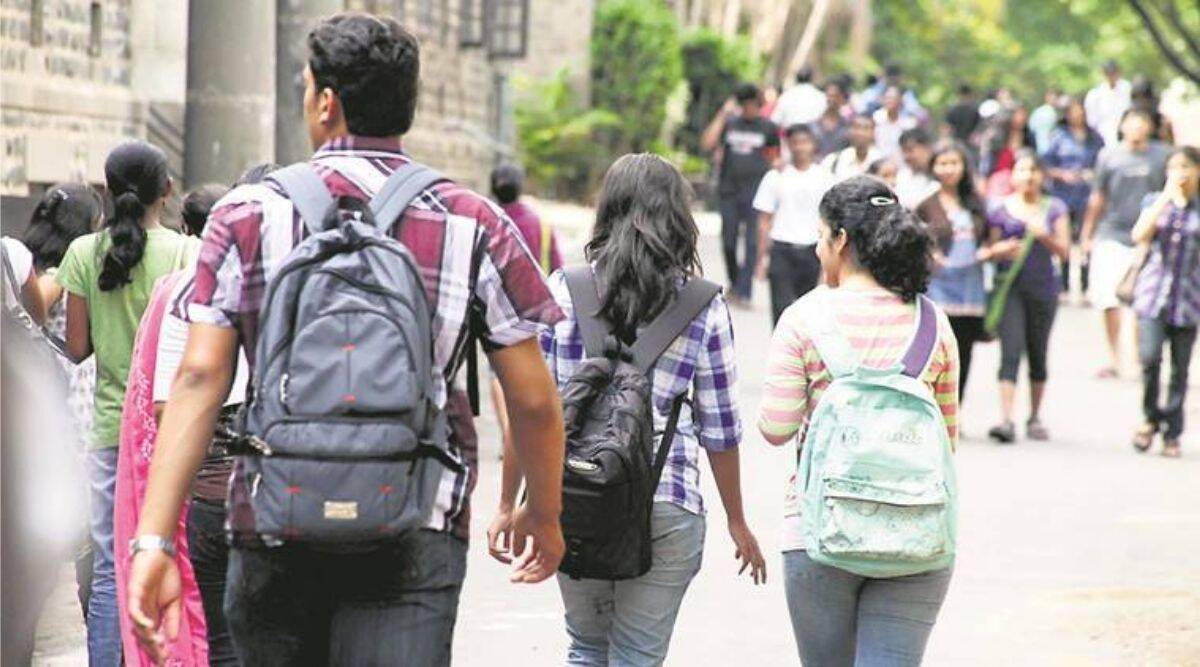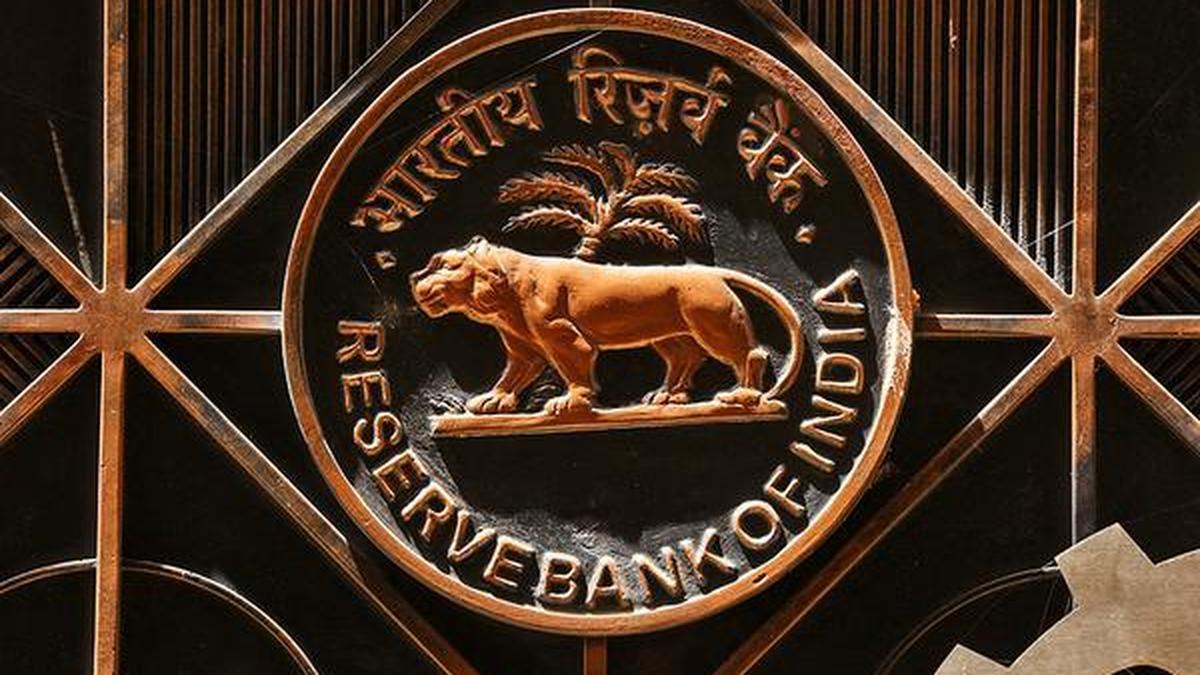Several subject experts and scholars have pointed out that the University Grants Commission (UGC)’s decision to allow students to take up two full-time academic programmes simultaneously in physical mode may hamper the quality of honours courses at the undergraduate level.
Rajesh Jha, a Delhi University professor, said that by offering double degree programmes, the relevance of honours courses will be diluted. “The basic philosophy of honours courses is to provide comprehensive, intensive, and advanced knowledge to students and even under honours courses, students can opt for discipline centric courses. With UGC’s decision, a question is raised on the quality of these programmes,” Jha said.
Ranjan Srivastav, the head of the Horticulture department at GB Pant University, said that in courses like horticulture where practicals are as important as theory subjects, students pursuing another course alongside will disturb schedules and will create chaos for both students and faculty.
“Allowing students to earn extra credits in a degree is an understandable concept but allowing them to earn an extra degree will just dilute the quality of our degree programmes,” said Srivastav.
As a first, the UGC on April 12 announced it will allow students to pursue two full-time and same-level degree programmes in physical mode simultaneously either at the same university or different universities. The commission has issued detailed guidelines and said the option will be available to students from the 2022-23 academic session.
However, some academicians argued that the option to study two subjects simultaneously was already available and this step was unnecessary.
“If a student wants to study interdisciplinary subjects, then there are BSc and BA programmes already available in most central universities. With this new provision, if a student pursues two honours degrees simultaneously there will be little to no time left for them to pursue their other interests. In the long run, this is bound to have a negative impact on their mental health which in turn will impact their academic scores,” a professor of Psychology at Panjab University said.
“There are already options available for pursuing interdisciplinary subjects in Four Year Undergraduate Programme (FYUP). There is no need to prompt students to take the extra burden of a complete academic programme to have that kind of flexibility,” added an Economics professor at Panjab University.
However, UGC chairman M Jagadesh Kumar while talking to indianexpress.com explained that dual degree provision is only an extra option provided to students who want to pursue two subjects. “This provision is not aimed to discredit the existing programmes but to provide students additional opportunities to pursue more than one degree. Let the student decide if they want to pursue an additional subject as a separate degree or as extra credit,” he said.
“Rather than eyeing this decision in an orthodoxical manner, it should be seen as an option provided to students to learn an extra skill and gain expertise to be future-ready. This will also improve their employability chances,” added Kumar.
According to the draft guidelines prepared by the UGC, students can pursue two full-time degrees in three ways. First, they can pursue both academic programmes in the physical mode provided that in such cases, class timings for one programme do not overlap with those of another.
Second, they can pursue one programme in physical mode and another online or through distance mode. And lastly, they can pursue up to two-degree programmes in online or distance mode simultaneously. For now, the dual degrees provision will only be non-technical programmes that are approved by the UGC.
!function(f,b,e,v,n,t,s)
{if(f.fbq)return;n=f.fbq=function(){n.callMethod?
n.callMethod.apply(n,arguments):n.queue.push(arguments)};
if(!f._fbq)f._fbq=n;n.push=n;n.loaded=!0;n.version=’2.0′;
n.queue=[];t=b.createElement(e);t.async=!0;
t.src=v;s=b.getElementsByTagName(e)[0];
s.parentNode.insertBefore(t,s)}(window, document,’script’,
‘https://connect.facebook.net/en_US/fbevents.js’);
fbq(‘init’, ‘444470064056909’);
fbq(‘track’, ‘PageView’);







